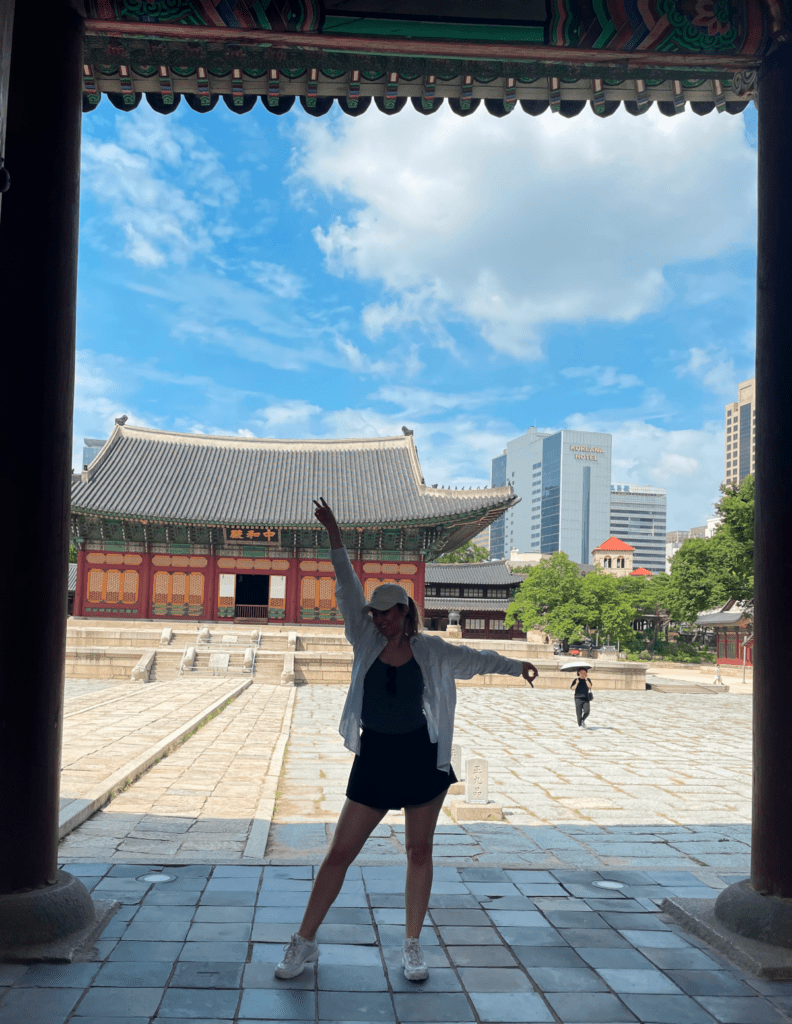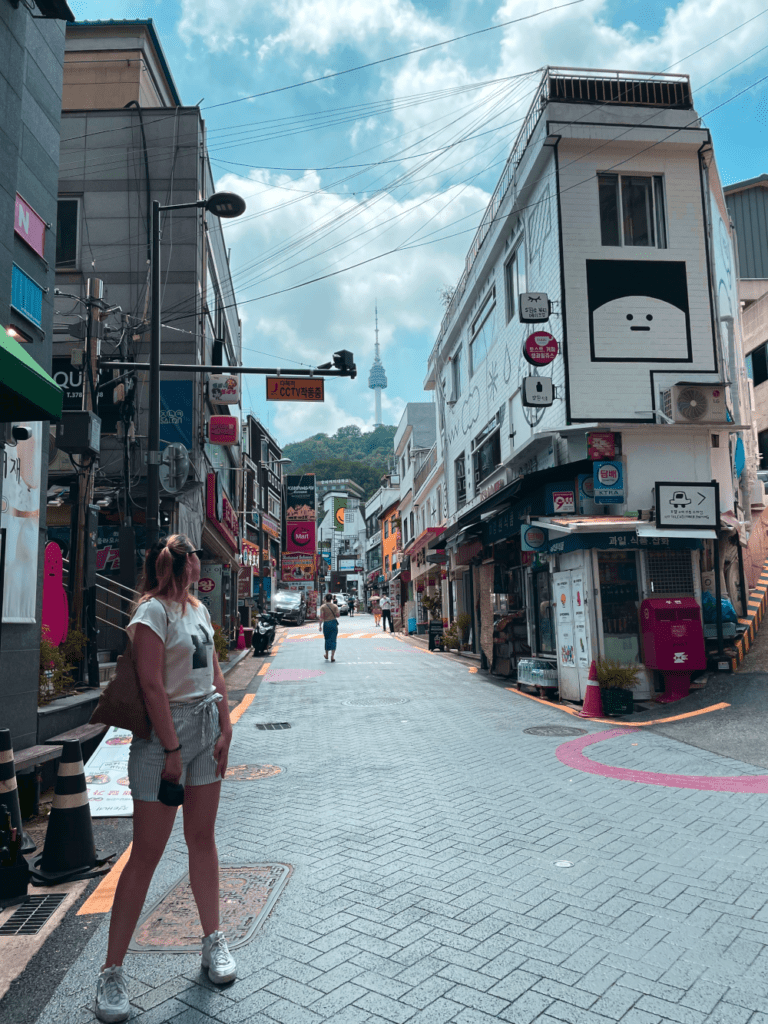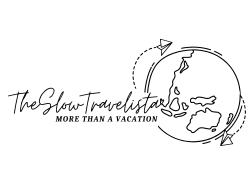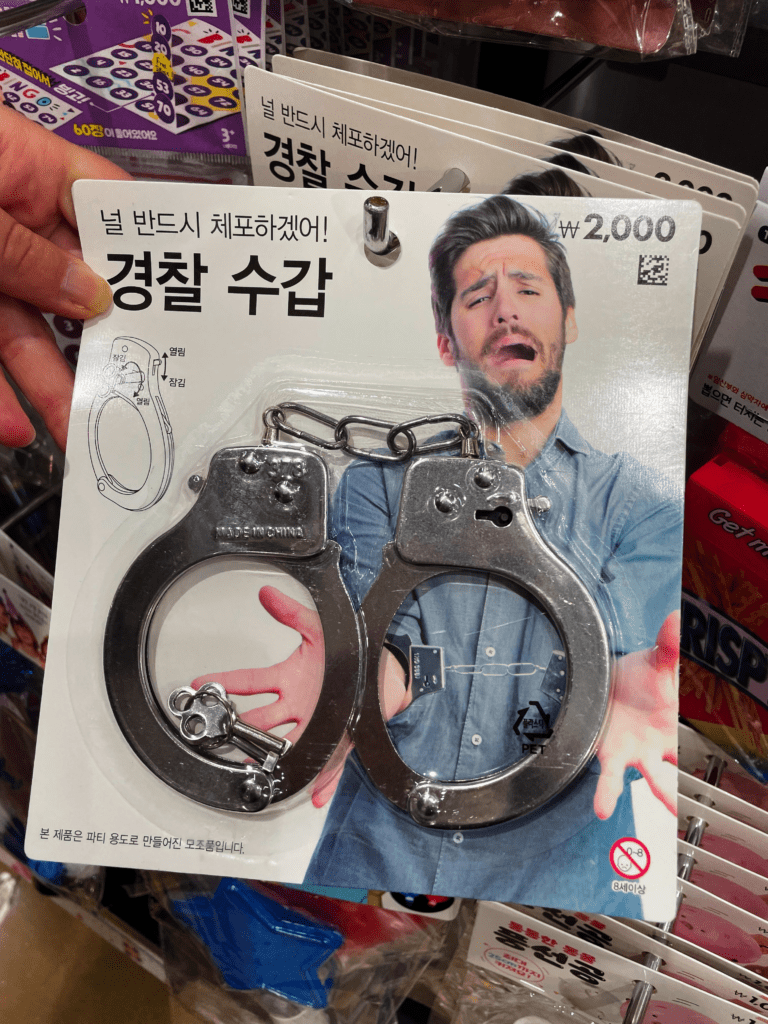Learning Korean in Seoul
Maybe you have thought about doing a language school to learn Korean (or any other language for that matter) but you haven’t been sure if it is worth it. In the summer of 2022, I spent two months attending a Korean language course in Seoul, South Korea. Language schools can quickly become very expensive. I know first-hand the worries and concerns that come with making such a costly decision. So before you decide if you want to attend a language school abroad, read some of the questions I asked myself before I went and what my answers are after living in Korea for two months!
Is It Worth Doing a Language School?
This is probably one of the first questions that popped into my head when I started playing with the idea of doing a language course to learn Korean. There are all types of costs related to attending a course to learn a new language. Simply travelling around is definitely cheaper than paying the fees for a course to study Korean or whatever language you want to learn. Plus you will probably get to see a lot more if you just travel around the country.
What intrigued me was the opportunity to stay in one place for a while. I do really love slow travel (I mean duh, this blog is called the SLOW travelista for a reason). It felt like staying in one place would allow me to learn about the culture a lot more in-depth. Combined with learning the language I thought this would give me an interesting idea of what South Korea is really like.
Because I travelled alone I was also hoping that attending Korean language classes would help me make friends. And it really did. If you’re worried about making friends at a language school I guarantee you that it won’t be too hard. Everyone else is in the same boat and is also looking for connections. All you need to do is stay open-minded and put some effort into it.
How Long Should I Attend a Language Course?
This is definitely a question that is dependent on a few factors. Here are questions you need to ask yourself before you can decide how long you will attend a language course.
How Big Is My Budget?
This should at least include:
- School fees (You can find information on the fees of your language school online)
- Accommodation (Sometimes that is included in the school fees but make sure to double check)
- Transportation (Try to find out how much money you need to use buses, metro, trains etc.)
- Travel data and maybe a sim card (it’s really handy to have some mobile data while you’re abroad)
- Food (I like to budget a specific amount per day but monitor it weekly)
- Fun (like buying clothes, souvenirs, going for drinks, etc.)
If you are unsure how to keep track of your budget when abroad, try to use a budgeting app. I started out by putting all of the estimates for the different expenses into an Excel sheet. Whatever money I would be using there (for example money for food transportation, travel data and fun) I added together and calculated a rough weekly budget. And then used the budgeting app “Buddy” and tracked all of my spendings in the app. This really helped me keep track of all my expenses and made me stay in budget.
I decided to study Korean in Seoul for two months because it felt like a good time to experience the country and it was price-wise what I could afford. If you’re a complete beginner like I was I would recommend not staying too long. Realistically even if you are very very determined and disciplined, after a few weeks your progress will slow down. This can be frustrating – unfortunately learning a language is a marathon and not a sprint. Except if you have pressure to improve your language skills very quickly because of a job or something similar, after a few weeks you will not be as motivated as you were at the beginning.
How Long Am I Prepared To Stay Away From Home?
This is definitely an important question if it’s your first time abroad. Living in a new culture can be overwhelming and stressful but also very rewarding. If your main priority is to just get a first impression of the language and see a new country and your budget is not very big, staying for two or three weeks will probably be enough. In that case, you might still be in the honeymoon phase from culture shock. This means that things are great and exciting and you are less likely to constantly be frustrated (of course there can and will be frustrations but often the joy and excitement are greater).
However, to me, it often felt like I never had enough time to stay in a place and I always wanted to stay as long as I possibly could. Of course, not everyone is able to attend a language school for months but if it’s your priority to explore the culture more in-depth you’ll need time. From my experience of living abroad, it always took me a couple of weeks to feel settled and to fight through the first big low of culture shock. This is the frustration phase that follows after the honeymoon phase. Ideally, you are staying long enough in a place until you feel some sort of adjustment and your emotions start to balance out after the frustration phase. Only then you will be able to really dive into the culture fully and embrace every aspect of it.
I decided to attend the Korean language school for two months. It felt like a long enough time to discover the culture without breaking my bank, however, in hindsight I do think staying longer would have been beneficial to learn more about the culture. Taking a language course for multiple months, on the other hand, can be very overwhelming and I do believe it’s good to take a break in between.
Should I Do a Language Course Part-Time or Full-Time?
One thing I would really recommend is to book your language school part-time. It is often easier to add additional classes once you are there than changing from full-time to part-time. In my case, I was under the impression that the afternoon classes would be filled with cultural classes, where we would learn more in-depth about the culture. In reality, the afternoon classes were just additional grammar lessons that were meant to help you learn Korean faster.
After studying grammar all day, it was important to catch up with homework and try to study the vocabulary to be able to keep up with the course. It made me feel like I did not have time to enjoy the city, although I spent so much money to be there. Hence, I would really recommend booking any course part-time. When I tried to change my course from full-time to part-time I was told that I would not be able to get a refund.

Does It Make Sense to Attend a Language Course If I Don’t Speak The Language Yet?
My decision to go to Korea was pretty random and I did not know any Korean before I attended the language school nor did I make any big effort to learn Korean on my own. In hindsight, I think it would be better to know some basics of the language before you attend a language school. Although my school had a foundation level, where we learned Hangul (Korean Alphabet) and other basics, it can get overwhelming quite quickly. The teachers tried to explain everything as well as they could, unfortunately, there was often a language barrier that made some things hard to understand.
Also, the quantity of information and grammar lessons can be overwhelming if you are just starting out to learn the language. If you’re like me and want to learn the language but also explore the culture and see the city, it will be challenging to keep up with all the material. But the good thing is, if you keep up with studying at home you will definitely recognize many of the concepts again. I am trying to work on my Korean with “talk to me in Korean“. They have fantastic resources especially to learn Korean for beginners and it is fun realizing how many things I actually already looked at during my two months in Seoul!
Would I Do it Again?
This was an experience of a lifetime. Although I have been abroad before it was only to English-speaking countries, this was the first time I ever lived in a place where I did not speak the language. It was also my first time attending a language school. Overall, the experience was enriching and fascinating and I would definitely do it all again.
Of course, there are things I would do differently though. For example, I would try to get a foundation in the language before attending a language school and maybe even try to stay longer. Next time I would definitely book the course part-time and rather invest some of my free time in studying the material instead of attending additional classes.
One thing I have noticed though is that attending language courses can be a fantastic way to slow travel. It allows you to stay in one place and get familiar with the culture. Learning a different language is another good way to learn more about a country and its culture. And it is a good way to socialize and make friends. So if you’re not sure how to slow travel, this might be worth a shot.

Angela
Angela, the mastermind behind theslowtravelista, is a passionate traveler who embraces slow travel's essence. With a knack for immersing herself in diverse cultures, she treasures connections formed across the globe. Beyond her adventures, Angela's vibrant personality shines through her love for spontaneous hair changes, hitchhiking escapades, and culinary delights. Join her for travel insights, laughter, and unforgettable adventures.














One Comment